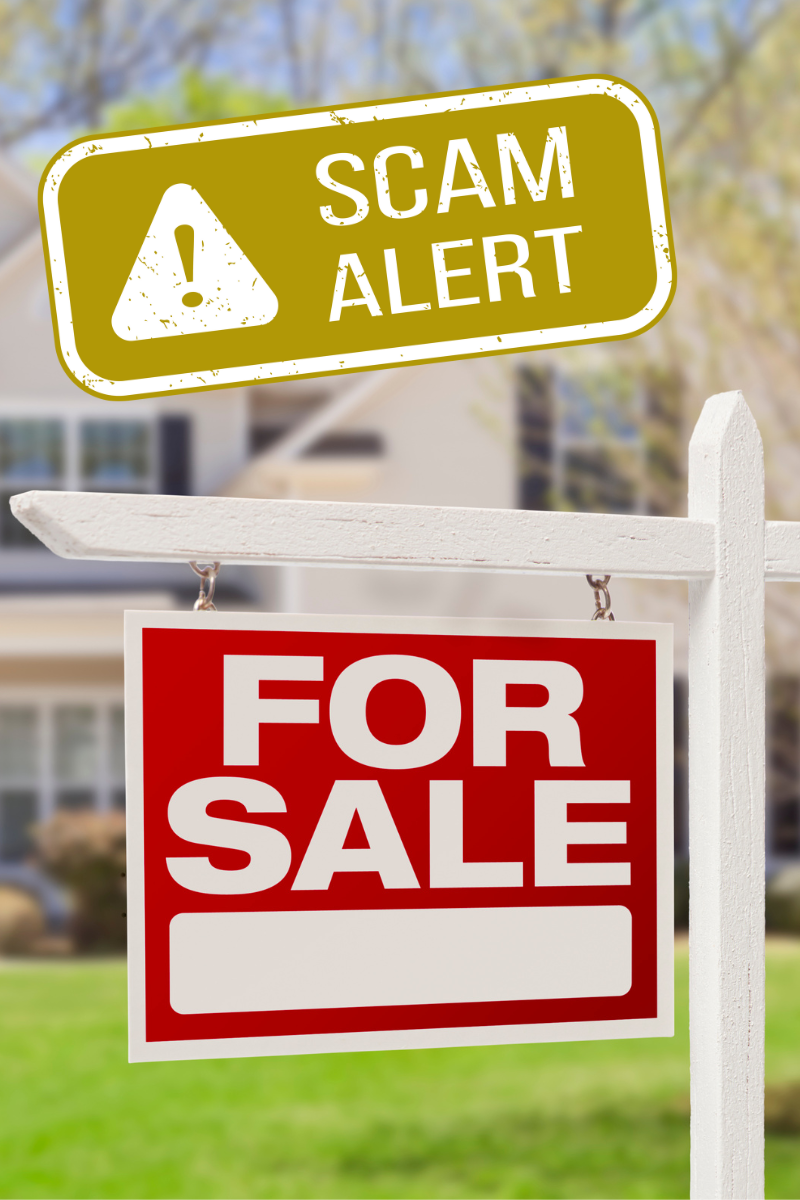No, scammers don’t take a summer vacation.
That’s why we’re sending our seasonal reminder about seller impersonation fraud. Also known as the fake seller scam, this scheme has been around for a couple of years, but it remains a growing threat for homeowners and real estate pros alike.
First, what is it?
It’s exactly what it sounds like. It’s when a scammer pretends to be the rightful owner of a property to sell it illegally. These criminals use fake IDs, forged documents and more to convince a Realtor to list a property they, of course, don’t own. If that’s successful, they then push for a quick sale before anyone can notice. Here’s a recent story about an incident in Texas.
Here are a few other things to know about these fraudsters. They tend to:
- Target vacant lots, second homes or fully paid-off properties.
- Use forged documents, fake IDs, or phishing emails to gain trust.
- Push for a quick, all-cash closing to bypass standard protections.
Thankfully, there are a few ways to protect yourself:
1 Verify a seller’s identity each time. Always ask for a government-issued ID and confirm it matches the official ownership records. If something feels off, ask questions about the property or request documents that only the true owner would know or have.
To help combat this type of fraud, title companies across the country often send a certified letter to the address, asking the owner if they’re aware that the property is up for sale. However, scammers can circumvent this check by having the owner’s mailing address changed before they try to list the property. Be especially wary if the seller:
- Is from out-of-state with no known connection to you.
- Avoids phone or video calls.
The bottom line is that if you’re unsure about the legitimacy of your sellers, let us know. We have some extra verification tools at our disposal if needed.
- Be wary of urgency. All of us would like an easy sale, especially during times like these. However, if your supposed seller insists on skipping steps, avoiding paperwork or rushing the process, take a step back. Criminals often use his kind of pressure to bypass the usual checks and balances that prevent fraud.
- Work with trusted professionals like us. Your safest bet is to partner with an experienced title company, such as Wheatland Title, and other real estate partners that have fraud detection systems and identity verification processes in place. (Ask us how we use CloseSimple to keep every aspect of your transaction more secure.)
Our entire Wheatland Title is committed to protecting everyone at the closing table. If you ever feel uncertain about a transaction, don’t hesitate to reach out. We’d love to talk about how you can stay better protected against fake sellers, wire fraudsters and other types of real estate scammers.



